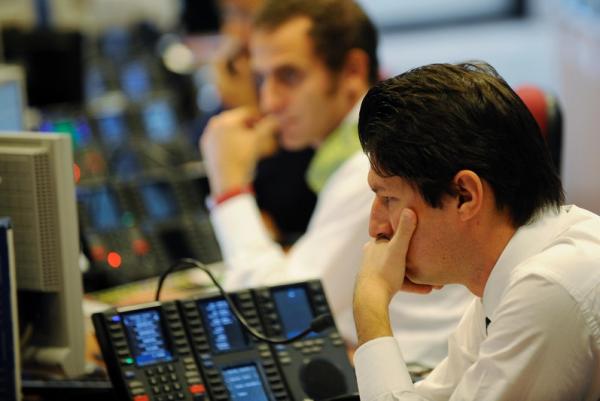Veeco launches Lumina+ MOCVD system, receives Rocket Lab order
* BP , Shell among FTSE 100 biggest losers
* Rolls Royce falls on cash outflow of 3 bln pounds
* Midcap stocks drop 1.2%, their worst day since June 24
(Updates to close)
By Shashank Nayar and Ambar Warrick
July 9 (Reuters) - London's FTSE 100 was weighed down by
energy stocks on Thursday as oil prices weakened and a rise in
coronavirus cases in major global economies dented broader
sentiment.
The bulk of the day's losses came late in the session,
tracking a drop in Wall Street as infection rates increased the
possibility of new lockdowns in the world's largest economy.
.N
The blue-chip FTSE 100 .FTSE closed 1.7% lower in its
worst day since June 24, with BP PLc BP.L and Royal Dutch
Shell Plc RDSa.L among those bearing the brunt of the falls.
O/R
The domestically-focused midcap index .FTMC ended the day
1.2% lower.
Aerospace engineer Rolls-Royce RR.L fell nearly 11% after
it said it had burned through 3 billion pounds in its first-half
as the COVID-19 pandemic halved the hours flown by its engines.
Telecommunication major Vodafone VOD.L shed more than 2%
after it said would cost "single figure billions" of pounds to
remove equipment made by China's Huawei HWT.UL , if the
government were to demand that, as tensions mount between China
and the west. "Risk appetite is struggling as the coronavirus spread is
still not under control in most parts of the world and as
geopolitical tensions between China and the West intensify,"
Edward Moya, Senior Market Analyst, New York, OANDA, wrote in a
note.
Local stocks have come under pressure from safe-haven flows
to gold and bonds, stifling a recovery seen over the second
quarter of the year. GOL/
"It's evident that investors who are participating in this
risk-on rally are also hedging their positions by adding safe
havens," said Hussein Sayed, market strategist at FXTM.
Home builder Persimmon PSN.L jumped to the top of the FTSE
100 after data showed buyers returned to Britain's property
market last month after the easing of lockdowns. Finance minister Rishi Sunak also announced a
3.8-billion-pound ($4.80 billion) tax break to kickstart the
housing sector, making it one of the main beneficiaries of his
30 billion pounds of extra stimulus.
